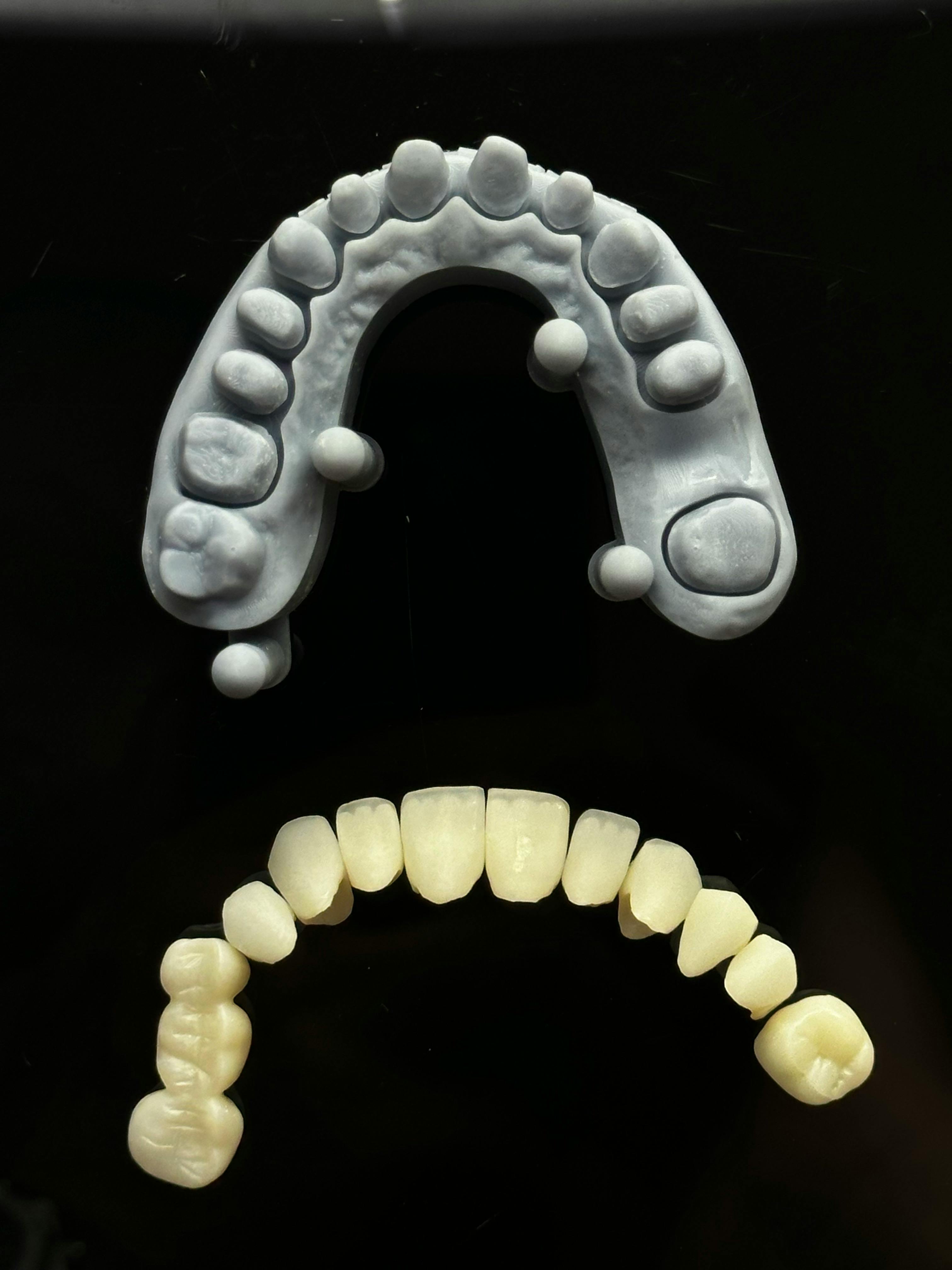
Jul 15, 2025
Dental Implant Alternatives in Smyrna, GA
By Dr. Leslie Patrick, DMD
Dental implants are widely celebrated as the premier solution for replacing missing teeth, and for good reason. However, they are not the only option, nor are they the right option for every single patient. Whether due to specific health conditions, the extent of bone loss, or personal preferences regarding surgery and cost, some patients need excellent alternatives.
At Smyrna Dental Studio, our philosophy is to find the right solution for you. A successful smile transformation meets your unique health needs and lifestyle goals. If you've been wondering what your options are beyond dental implants, this guide will walk you through the effective, reliable, and beautiful alternatives we offer.
Why Might Dental Implants Not Be an Option?
First, it's important to understand why a patient might seek an alternative. Common reasons for not being an ideal dental implants candidacy include:
Certain Uncontrolled Medical Conditions: Conditions that impair healing, such as uncontrolled diabetes or autoimmune diseases, can increase the risk of implant failure.
Insufficient Jawbone: Even with grafting, some patients may have experienced such severe bone loss that a traditional implant is not feasible.
Time or Financial Constraints: The implant process is a lengthy journey that requires several months and involves a significant investment.
Personal Preference: Some patients simply prefer to avoid a surgical procedure.
Fortunately, modern dentistry offers fantastic non-implant dental solutions.
Alternative 1: The Traditional Dental Bridge
A dental bridge is a permanent, fixed restoration that is an excellent choice for replacing one or more missing teeth in a row.
How It Works: A bridge consists of a prosthetic tooth (or teeth) that fills the gap, which is fused between two dental crowns. These crowns are then permanently cemented onto the healthy teeth on either side of the gap, anchoring the bridge in place.
Pros:
Fixed and Stable: It is not removable and functions very similarly to natural teeth.
Highly Aesthetic: It is custom-made from porcelain to look beautiful and natural.
Fast Process: A bridge can typically be completed in just two or three weeks.
Cons:
Alters Healthy Teeth: It requires permanently grinding down the two adjacent teeth to place the supporting crowns.
Doesn't Prevent Bone Loss: It does not stimulate the jawbone in the empty space, so the bone will continue to recede.
Alternative 2: The Removable Partial Denture
A partial denture is a non-invasive and affordable option for replacing single implants or multiple implants.
How It Works: One or more prosthetic teeth are set in a gum-colored acrylic base. This appliance often has small metal or acrylic clasps that clip onto your remaining healthy teeth to hold it securely in place.
Pros:
Affordable: It is the most cost-effective solution for replacing missing teeth.
Non-Invasive: No surgery or alteration of adjacent teeth is required.
Versatile: It can be designed to replace multiple missing teeth in different areas of the mouth.
Cons:
Removable: It must be taken out daily for cleaning and at night.
Less Chewing Power: It does not provide the same stability or chewing force as a fixed bridge or implant.
Can Feel Bulky: Some patients find it takes time to get used to the feeling of the appliance in their mouth.
FAQs: Your Questions About Implant Alternatives
Q1: What is the biggest long-term difference between these options and a dental implant? The single biggest difference is the impact on your oral health, specifically your jawbone. Dental implants are the only solution that fuses with your jawbone, providing the stimulation needed to prevent bone loss. With both bridges and dentures, the bone in the empty space will continue to shrink over time, which can eventually affect the fit of the restoration and the appearance of your face.
Q2: How long do bridges and partial dentures last? With excellent dental care, a well-made dental bridge can last for 10-15 years, and a partial denture typically needs to be replaced or relined every 5-7 years as the shape of your jaw changes. This is different from a dental implant, which is designed to be a permanent, lifelong solution.
Q3: Which option is best for a full smile makeover? It depends on the situation. For a smile makeover involving just a few missing teeth, a dental bridge can be beautifully integrated with other cosmetic treatments, such as porcelain veneers. For a complete full mouth restoration where all teeth are missing, an implant-supported solution is often the most stable and lifelike option.
Q4: If I get a bridge now, can I decide to get an implant later? Yes, but it's essential to understand that the jawbone beneath the bridge will have receded during the years you have had it. This means that if you decide to switch to an implant later, you will almost certainly need a bone grafting procedure to rebuild the bone before the implant can be placed.
The Right Solution is the One That's Right for You
While dental implants are an incredible technology, they are one of several excellent dental solutions for a missing tooth. The most important goal is to fill the empty space to protect your oral health, maintain your bite, and restore your confidence.
Choosing between a bridge, a partial denture, or an implant is a major decision. The best path forward is a professional evaluation and a conversation about your specific health needs and goals.
If you are in Smyrna and ready to explore all your options for a complete smile restoration, contact Smyrna Dental Studio today to schedule a comprehensive consultation.






